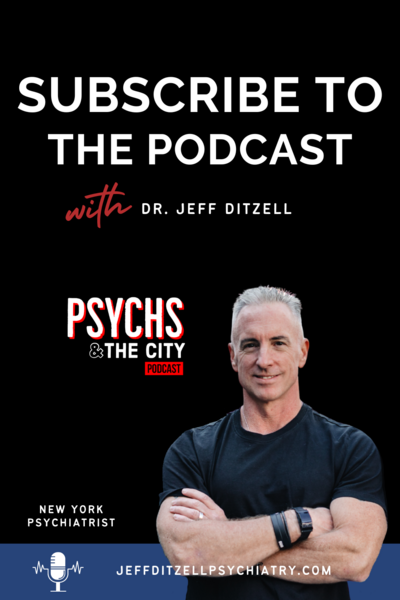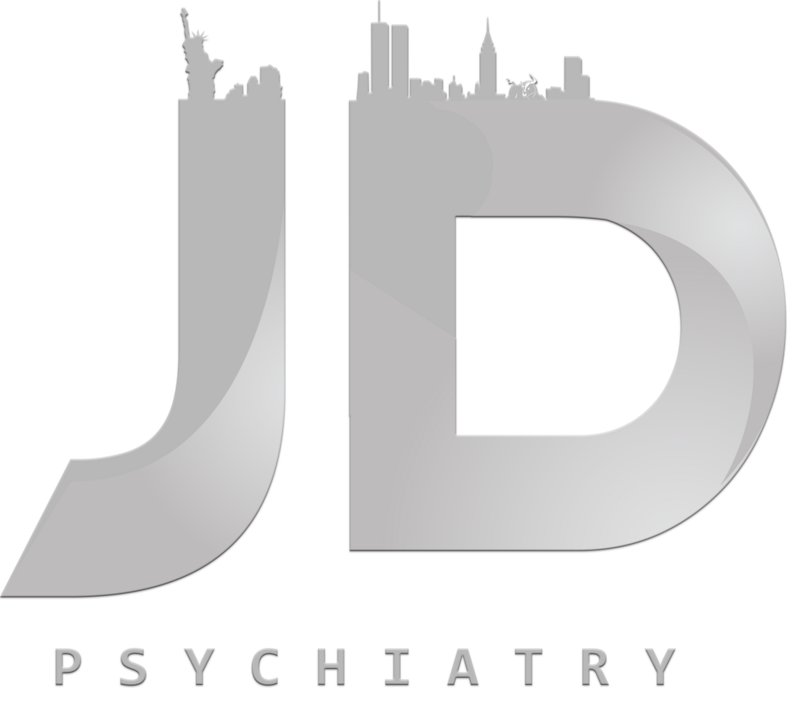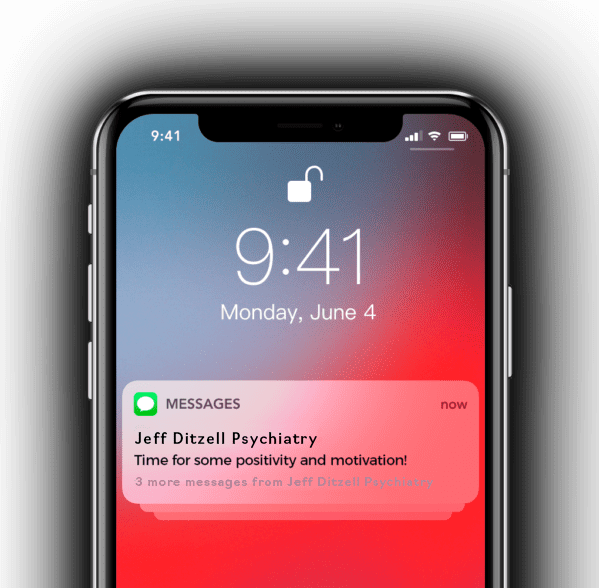Home / Mental Health Journal / Overcoming Toxic Positivity

Today I want to discuss a contemporary phenomenon that has silently seeped into our lives: toxic positivity. As a Psychiatrist in NYC and a mental health advocate, I find it imperative to shed light on this burgeoning issue that affects our emotional well-being.
The Rise of Toxic Positivity:
In an episode of “Psychs & the City,” I candidly discussed toxic positivity. This term, relatively new but increasingly prevalent, describes the pressure individuals face to maintain constant positivity. It has well-meaning intentions behind positive messages but there are also unintended negative consequences.
Authenticity Over Superficial Positivity:
There is an unrealistic portrayal of happiness in the Instagram age. Embracing and processing negative emotions is an essential part of personal growth. Authentic positivity arises from a genuine understanding of one’s emotions and a willingness to navigate life’s challenges without dismissing the reality of difficult moments.
The Importance of a Compelling “Why”:
When it comes to a positive mindset there is an important significance of having a compelling “why” a purpose that drives positive habits and helps overcome obstacles. Where you can overcome challenges, let go of resistance, and find uplifting paths. A positive mindset is most impactful when it has a profound underlying purpose.
Small Wins and Daily Routines:
There is extreme transformative power when it comes to small wins and daily routines. Starting the day with hydration is a simple yet powerful habit. Such routines, when aligned with a strong “why,” create a foundation for a positive mindset and contribute to overall well-being.
Motivation vs. Discipline: Striking the Balance
In the realm of mental well-being, it’s essential to differentiate between motivation and discipline. Motivation often serves as the initial spark, the driving force that propels us toward our goals. However, relying solely on motivation can be precarious. Motivation is fleeting; it comes and goes with external stimuli. On the other hand, discipline acts as the unwavering backbone, the consistent commitment to daily routines and positive habits. In the podcast episode, I shared my experiences of overcoming obstacles, highlighting the role of discipline in navigating challenges even when motivation wanes. Striking the right balance between motivation and discipline is key to maintaining a positive mindset. Motivation may kickstart the journey, but it’s discipline that ensures steady progress and resilience in the face of adversity. Embrace both, and you’ll find a sustainable path to personal growth and well-being.
Conclusion and Encouragement:
As we conclude our discussion it’s important to remember that embracing your authentic emotions and navigating through life’s challenges is crucial. The key is not to force constant positivity but to find a balance that aligns with your genuine self.
We invite you to share your thoughts on toxic positivity. Engage with us on social media, continue the conversation, and lets collectively strive for a mental health landscape that embraces authenticity and genuine positivity.
At Dr. Ditzell Psychiatry our patients have and always will be our number one priority; we take their health and well-being very seriously and are pleased to be able to offer Mental Health Treatment in a manner like no other practice we’ve come across.
If you are struggling with your mental health, contact us or give us a call to set up a consultation at +1 646 751 7908.

Dr. Jeff Ditzell, D.O. is the lead psychiatrist at Dr. Ditzell Psychiatry with over 25 years experience treating people for Anxiety, Depression, OCD, PTSD, Adult ADHD, Bipolar Disorder, using ketamine treatments, psychotherapy, and so much more.
 Hello,
I'm Dr. D!
Hello,
I'm Dr. D!
At my psychiatry practice in New York Cty, we're focused on giving you a 360 approach to mental health. It's time we end the stigma on mental health.

Your Modern Day Mental Health Podcast
Each week we'll explore all things Mental Health, Mindset, Fitness, and Psychiatry!
tell me more






